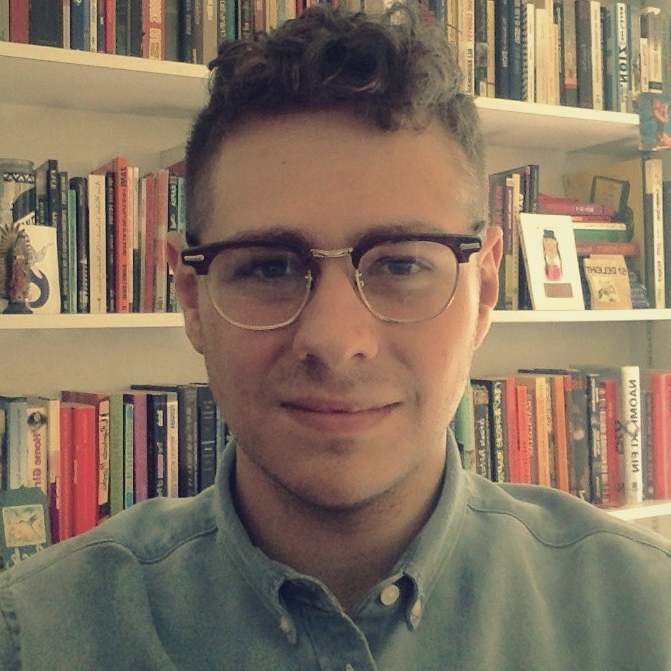Leon J. Hilton received his PhD from the Department of Performance Studies at New York University in 2016. His research focuses on modern and contemporary theater and performance; disability studies; feminist and queer theory; critical race studies; psychoanalysis; and the history of science and medicine (especially psychiatry). He is currently completing a book project that traces cultural critiques of psychiatric authority since the 1950s—from midcentury critics of the asylum, the feminist "anti-psychiatry" movement, and the de-medicalization of homosexuality to the contemporary discourse of neurodiversity—across a range of social practices and aesthetic forms (including theater, film, literature, and performance art). This research grows out of his dissertation, which was completed with the support of a Mellon/ACLS Dissertation Fellowship and received the Michael Kirby Award for Distinguished Doctoral Dissertation. His work has been published or is forthcoming in GLQ, Disability Studies Quarterly, African American Review, The Los Angeles Review of Books, and TDR/The Drama Review (where he was Managing Editor from 2011–2013). He is also co-editing a forthcoming special forum in American Quarterly entitled "Mad Futures: Culture, Politics, Affect.” He has previously taught in the Department of Performance Studies at NYU and in the program in Critical Theory and Social Justice at Occidental College.
Leon J. Hilton
Andrew W. Mellon Postdoctoral Fellow in the Humanities
2016—2017 Forum on Translation
Leon J. Hilton
Performance Studies, Comparative Literature, Film Studies, Disability Studies, Gender and Sexuality Studies
New York University, 2015
Gesture, Wander, Trace: Fernand Deligny’s Translational Cartographies
This interdisciplinary project focuses on the work of Fernand Deligny (1913–1996), a visionary but marginalized figure associated with the alternative and anti-psychiatry movements that emerged in the decades following World War II, both in France and transnationally. Deligny developed innovative methods for living alongside autistic children and adolescents, and produced voluminous texts, drawings, and documentary film projects reflecting his approach to working with those who lived “outside of speech” (hors de parole). Combining literary, visual, and film analysis with perspectives from critical theory, the history of science and psychiatry, and disability studies, this project explores Deligny’s singularly non-pathologizing, anti-institutional approach to translating the experiential dimensions of what he called autism as a “mode of being.” I especially focus on Deligny’s attention to the political, ethical, and aesthetic challenges of “translating” what is outside of language into writing and verbal speech, as exemplified in his experiments with the use of mapping and cartographic tracing to create forms of collective articulation. Through close readings of texts, cartographic drawings, and films, the project examines how Deligny upended existing critical frameworks for understanding the link between human language and subjectivity. It also situates Deligny’s ideas within a longer history of what might be called the politics of neurological difference. The project thus brings a disability studies approach to bear on the topic of translation, focusing on the ethical and political hazards of attempts to render the experiences and desires of nonspeaking subjects into language.



